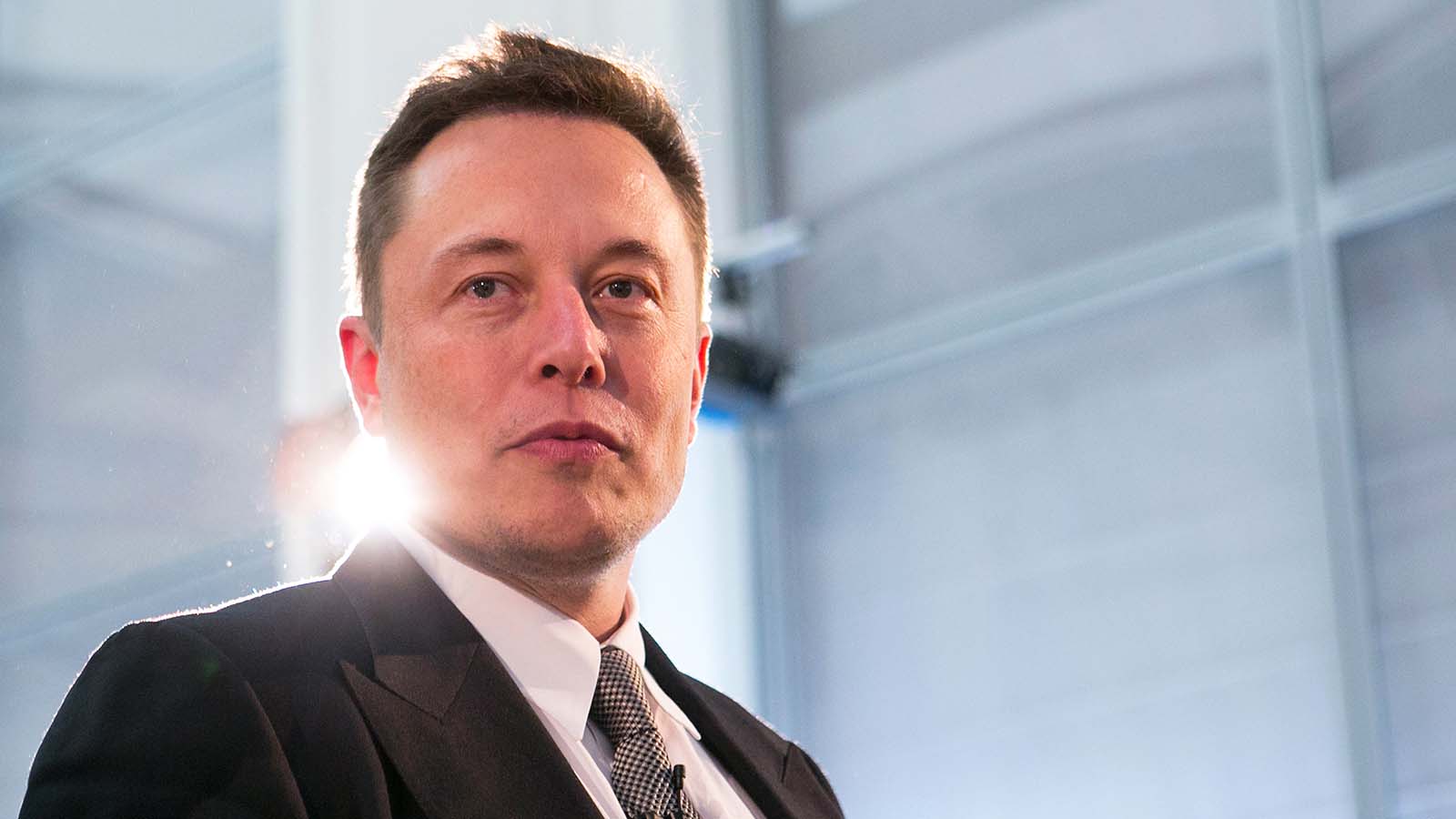In a move that has sent shockwaves through Brazil’s digital landscape, Supreme Court Justice Alexandre de Moraes has ordered the temporary suspension of Elon Musk’s social media giant, X, across the country.
This significant development occurred after Musk failed to comply with demands to appoint a legal representative within Brazil, escalating an ongoing conflict over free speech, misinformation, and far-right content on the platform. This clash between one of Silicon Valley’s most controversial figures and Brazilian authorities is more than just a legal dispute; it marks a pivotal moment in the broader conversation about digital rights and governance.
Justice de Moraes had issued a final warning to Musk, providing a 24-hour ultimatum to meet his obligations, which went unmet. As a result, X now faces an indefinite blackout in Brazil until these requirements are fulfilled.
Brazil is a crucial market for X, with around 40 million users engaging with the platform monthly. This suspension could have significant consequences for Musk’s enterprise, which has already been struggling with declining advertiser support since its acquisition in 2022.
The situation intensified when X voiced its concerns on its Global Government Affairs page, condemning what it described as “illegal orders” from de Moraes aimed at silencing political dissenters. The company also pointed out the personal risks faced by its former legal representative in Brazil, including threats of imprisonment and frozen bank accounts—actions that highlight the high stakes involved in this confrontation.
At the core of X’s conflict with Brazilian authorities is its refusal to comply with orders to deactivate certain accounts, many of which belong to individuals associated with Jair Bolsonaro’s right-wing faction or are accused of undermining Brazil’s democratic institutions. Musk’s commitment to his stance as a “free speech absolutist” has fueled his resistance to what he views as censorship by de Moraes—a sentiment echoed by many Brazilian conservatives. Despite Musk’s public portrayal of de Moraes as authoritarian on X, others argue that the justice’s actions are intended to protect democracy during challenging times.
Friday’s ruling is rooted in Brazilian laws that require foreign companies like X to establish local representation for legal accountability. Experts suggest that complying with these regulations is straightforward and could have prevented X’s suspension within hours if addressed promptly.
As this story continues to evolve, it raises important questions about the balance between online freedom of expression and regulatory oversight designed to safeguard democratic principles. Whether this standoff will result in changes to how global tech giants operate within national borders remains to be seen, but it is a story that reflects the growing intersection of digital platforms with geopolitical tensions.
 Telegram is where we really talk. Don't miss out!
Telegram is where we really talk. Don't miss out!








